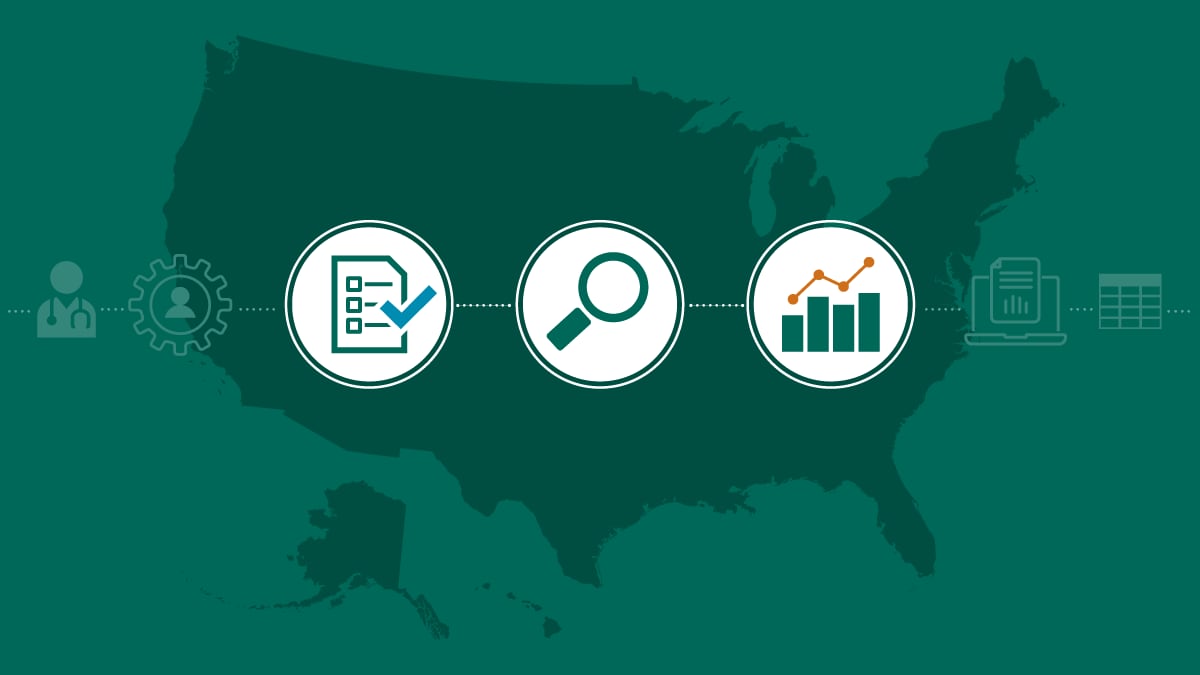Key points
- The National Center for Health Statistics (NCHS) is the principal health statistics agency of the United States.
- Learn about the laws passed by Congress that give NCHS the authority to collect and analyze health statistics.
- These laws define NCHS's responsibilities to the American people.

Overview
NCHS is the federal government's principal health statistics agency.
Congress has passed laws (legislation) that direct NCHS to collect and analyze data on a wide range of health concerns, including—
- Births, deaths, causes of death, and death rates (vital statistics)
- Overall health status
- Lifestyle and exposure to unhealthy influences
- The onset and diagnosis of illness and disability
- The use and financing of health care and rehabilitation services
Statutory Authorities of the National Center for Health Statistics gathers together the text of NCHS's authorizing legislation. This legislation includes more than a dozen public laws passed by Congress over 60 years.
The document describes—
- Current NCHS authorities as of December 2020
- How U.S. federal health statistics legislation has changed over time
Citing NCHS legislative authority
Congress mandated legislative authority for health statistics in sections 304, 306, 307, and 308 of the Public Health Service Act (PHSA). Together, these sections define the scope of NCHS's authorities and responsibilities.
For most purposes, legislative authority for NCHS is attributed to the section of the PHSA that formally establishes NCHS. When citing NCHS's legislative authority, reference "Section 306 of the Public Health Service Act (42 U.S.C. 242k)."
